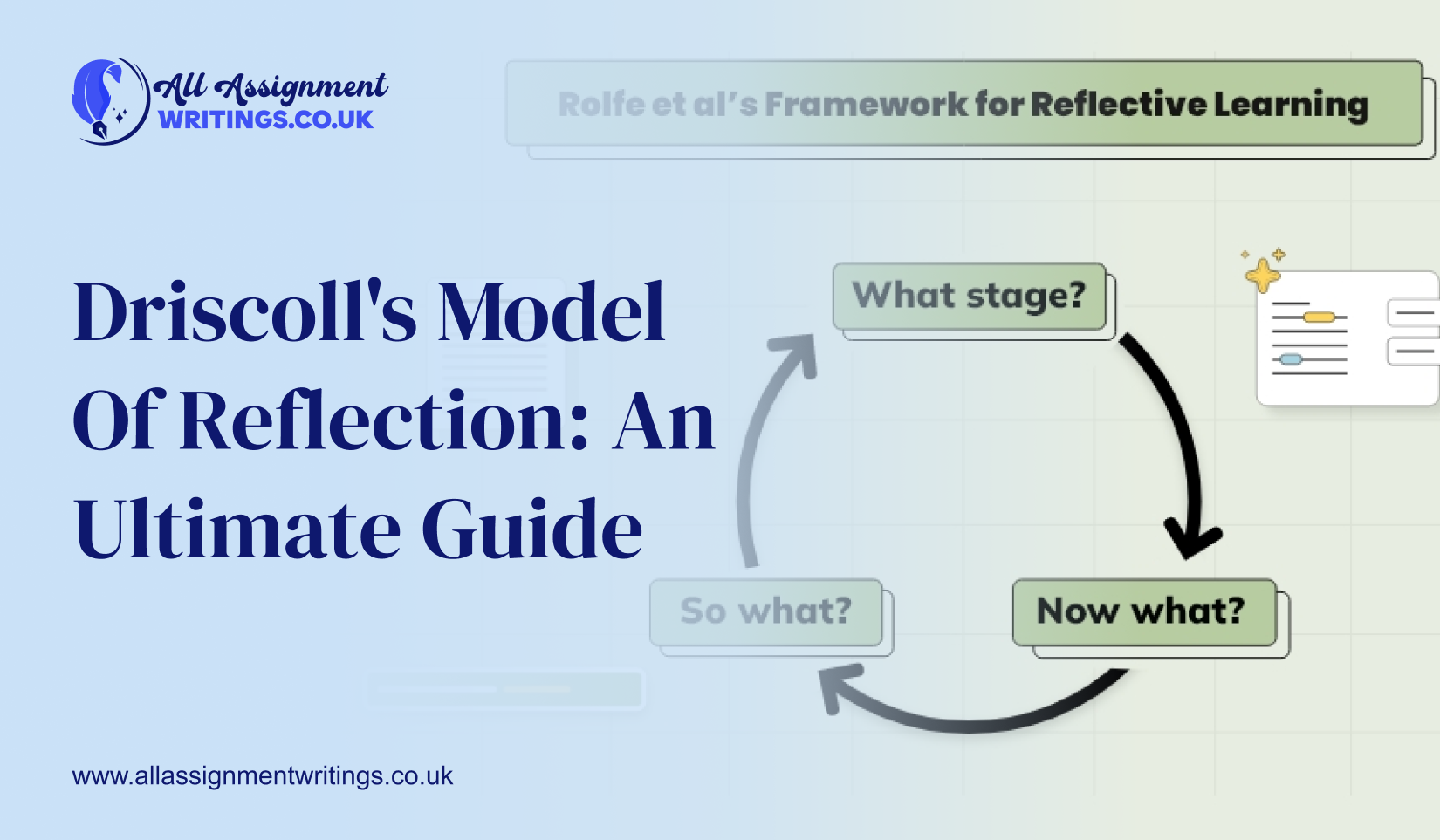In the UK, education is divided into four key stages: primary, secondary, further, and higher education. There are four different phases of primary and secondary education, which must be completed by all UK citizens between the ages of five and sixteen. Here’s a simplified division in these stages of education:
- Key Stage 1 – 5 to 7 years old
- Key Stage 2 – 7 to 11 years old
- Key Stage 3 – 11 to 14 years old
- Key Stage 4 – 14 to 16 years old
Key Stages 1 and 2 are the first two grade levels that students typically work for in primary school. When students are eleven, they move to a secondary school where they must pass the last two grades, Key Stages 3 and 4. While assessments are given to children at the end of each stage, the most important assessment takes place at age 16 after Key Stage 4.
Also, Students then work for an important certification called the General Certificate of Secondary Education (GCSE). After graduating, students may decide to continue their education and eventually get further education, or they can choose to start their careers right after school.
Primary Education:
Key Stage 1:
Primary education in the UK consists of two Key Stages and continues from age 5 to age 11. The following are the primary subjects included in this necessary stage:
- English
- History
- Mathematics
- Geography
- Music
- Physical Education
The first year of this stage is dedicated to the Phonic Screening, a quick test that assesses children’s ability to read and understand phonics. Furthermore, Students are usually asked to repeat aloud a list of about forty words. At the end of this stage, as well as every phase after that, students take tests to find out how well they have done in science, math, and English.
Key Stage 2:
Students move to secondary education, which includes years 3 to 6, between the ages of 7 and 11. In this stage, the curriculum aims to enhance students’ understanding of previously learned topics.
After completing this phase, Tests take place in the following areas:
- Reading in English
- Spelling, grammar, and punctuation in English
- Mathematics
- Science
National assessment tests assess proficiency in English and Mathematics, while Science progress is assessed independently by teachers.
Secondary Education:
Key Stage 3:
Students between the ages of 11 and 14 begin their third year of compulsory education in England, which spans years 7 through 9. Also, this stage is very important since it prepares them for the national qualification for GCSEs, which will take a few years from now.
At this point in the curriculum, new subjects are there, giving students the basic knowledge they need for later levels of education. Included in Key Stage 3 are:
- English Language
- Arts
- Science
- History
- Geography
- Design and Art Music
- Physical Education
- Modern Foreign Languages
- Computer Technology and Design
Some students may choose to sit for their GCSE or other national exams at the end of Key Stage 3.
Key Stage 4:
Key Stage 4, the final year of compulsory education, runs from 14 to 16 years old, covering grades 10 through 12. Besides, the main goal of this stage is to get students ready for national assessment exams, which usually lead to the GCSE or other national certifications.
At this point, “core” and “foundation” subjects are there in the national curriculum. The “core” subjects taught at Key Stage 4 are as follows:
- English
- Mathematics
- Science
- Computing
- Physical Education
- Citizenship
Also, schools in the UK have to offer one of the following subjects during this stage of education.
- Arts
- Design and Technology
- Humanities
Further Education:
Students may opt for further education, such as A-Levels, BTECs, GNVQs, and similar qualifications, after completing secondary school. Also, It helps people who plan to attend college or university to complete further education.
Diploma programs are available in further education colleges, and they can help students get into UK or international universities. Moreover, many colleges/universities offer many academic and vocational programs in partnership with state colleges in the United Kingdom. Next, these classes give students the skills they need to succeed in their chosen fields of work or to get into the university of their choice.
BTEC courses, which are designed to provide students with practical knowledge and skills in areas including Business, Psychology, Engineering, Sport, and Art & Design, are another aspect of the British education system. In contrast to typical exams, which are given at the end of the program for the GCSE or A-Level, BTEC focuses on continuous assessment throughout the course. Students are assessed through assignments, projects, or tests after each unit.
Higher Education:
Once the UK’s “further education” is completed, most foreign students usually move directly into the UK higher education system.
A typical British undergraduate degree in the UK lasts three years and often comes with honours. For instance; Bachelor of Arts, Bachelor of Engineering, and Bachelor of Science (BSc) are typical examples of these basic degrees.
Further, the two-year occupational diplomas offered by state schools allow for exemptions from the first and sometimes the second year of a degree program. Furthermore, a few private tutorial institutions provide one-year diploma programs that are the same as a university’s first year. Some universities allow students who complete these one-year diplomas to move to their second year.
To get guidance at any stage of education in the UK, you can get help from Assignment Help UK.
Education in the UK has many stages,
With primary school being the first for kids ages 5 to 11. They study fundamental subjects including science, math, English, geography, and history. Ages 11 to 16 attend secondary school, which develops these abilities and offers harder courses like design and technology and modern foreign languages.
After this,
Students have the chance to continue their education by enrolling in courses that will get them ready for college or by receiving professional diplomas. Whether you need help with primary school homework, guidance through GCSE preparation, or help with application essays or assignments for college, Assignment Help London is available at any level.








